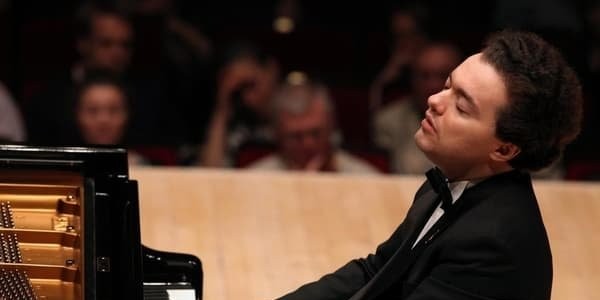Tempo rubato in music – literally “robbed” or “stolen time” in Italian – refers to a subtle slowing or speeding up of tempo. It is most closely associated with the music of Fryderyk Chopin, his friend and fellow composer Franz Liszt, and other composers of the Romantic period, but we can also add tempo rubato, and similar effects, to music of any period – and indeed any genre (classical, jazz, pop, etc.).
In fact, it helps music to sound natural: music with a very strict, metronomic... See More
Tempo rubato in music – literally “robbed” or “stolen time” in Italian – refers to a subtle slowing or speeding up of tempo. It is most closely associated with the music of Fryderyk Chopin, his friend and fellow composer Franz Liszt, and other composers of the Romantic period, but we can also add tempo rubato, and similar effects, to music of any period – and indeed any genre (classical, jazz, pop, etc.).
In fact, it helps music to sound natural: music with a very strict, metronomic pulse (beat), with no sense of space or shape within phrases or sections, would be dull and monotonous, both to listen to and to play. Just as the human voice has changes in pitch and dynamics, tempo and cadence, so playing with rubato gives music expressive freedom, allowing it space or room to “breathe”.
#theory #rubato #teacher #lesson

